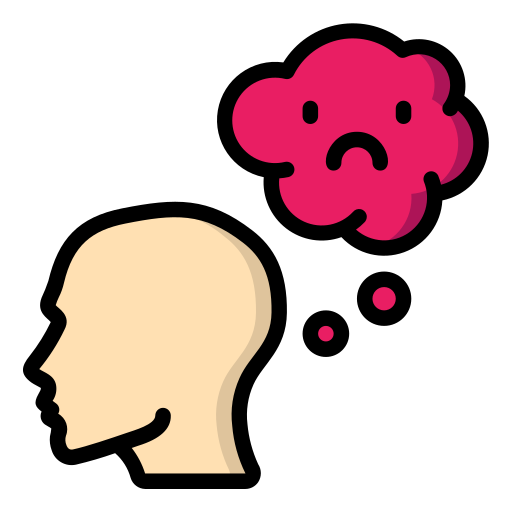Our Negative Brain

The human brain is naturally wired to focus on negative experiences, which is known as the “negativity bias.” This is because negative experiences often have more immediate and powerful impacts on our survival and well-being than positive experiences. For example, avoiding danger is crucial to our survival, so our brain is more attuned to negative experiences that may signal danger.
While the negativity bias served an important evolutionary purpose, it can also lead to negative thinking patterns and increased anxiety and stress in modern life. However, there are several ways to better deal with the negativity bias and promote a more positive mindset:
- Practice mindfulness: Mindfulness meditation can help increase awareness of our thoughts and emotions, allowing us to recognize and interrupt negative thought patterns.
- Focus on the positive: Cultivating a gratitude practice can help us focus on the positive aspects of our lives and reframe our thinking towards positivity.
- Challenge negative thoughts: Questioning and challenging negative thoughts can help us develop a more realistic and balanced perspective.
- Build positive relationships: Connecting with others and building positive relationships can provide social support and increase positive emotions.
- Take care of physical health: Regular exercise, healthy eating, and getting enough sleep can all help improve mood and reduce the impact of negative experiences.
It’s important to remember that it’s natural to have negative thoughts and emotions at times, and that it’s not always possible or necessary to completely eliminate them. However, by practicing these strategies, we can better manage our thoughts and emotions and cultivate a more positive mindset.
Practicing consistently is the key to mastering new skills.
Blog Categories:
Fundamentals | General | Emotions Explained | Exercises Explained | Personal Relationships | Organizations | Video Blogs | Written Blogs | Latest Blogs
